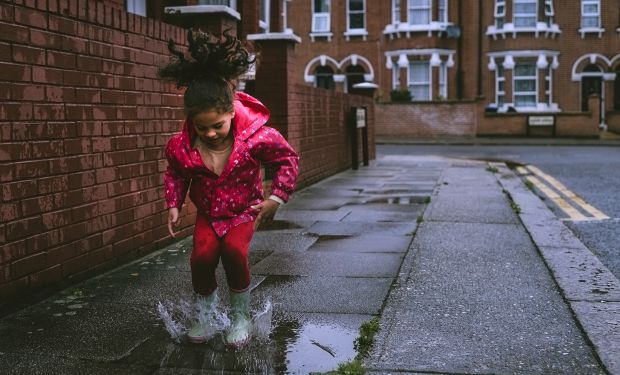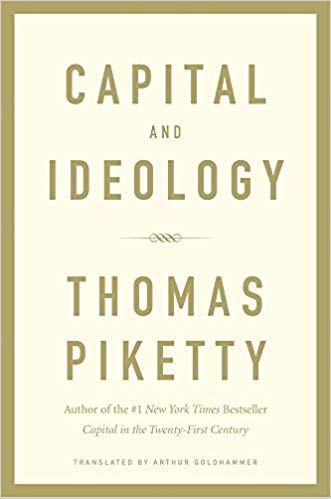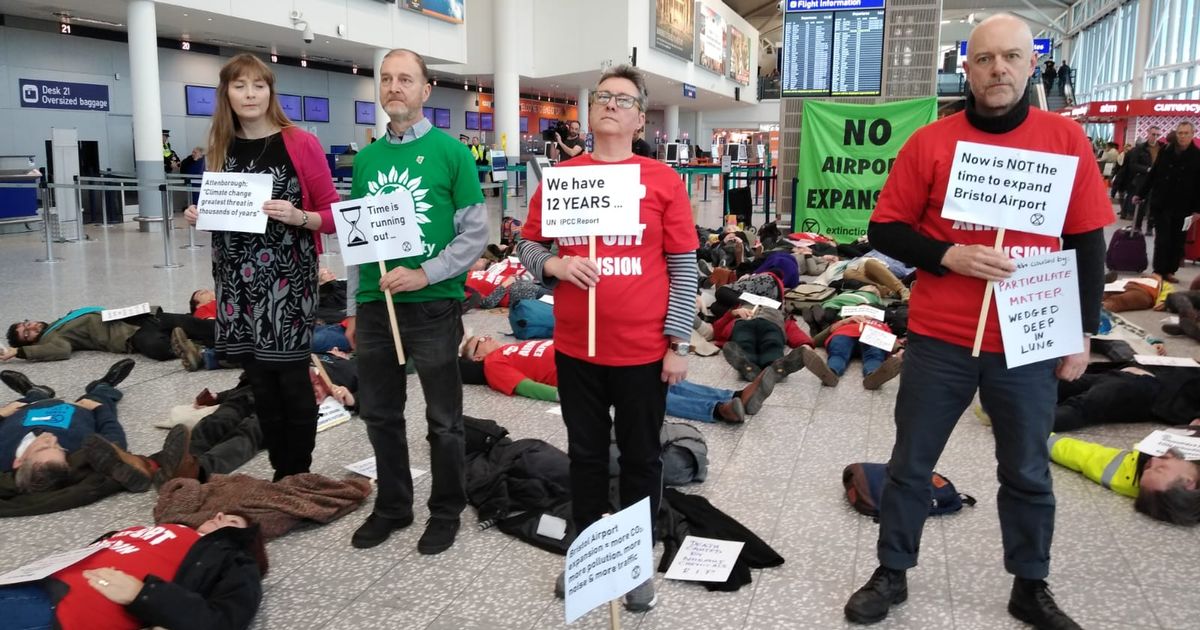Talking Points: February 2020
Posted on 11 Mar 2020 Categories: Blog, Climate crisis, Talking Points
by Rethinking Poverty
There has been so much bad news on poverty in February that it sadly has to be the top story in this month’s Talking Points. We also offer a range of solutions being put forward for tackling poverty and inequality. A section on new ways of running the economy considers how governments can involve citizens and communities more – and emphasises the dangers of handing over service delivery to communities.
An avalanche of bad news on poverty
New NEF analysis shows that average living standards are still £100 per year lower than in 2008. Zero hour contracts have hit a record high as almost a million have no guaranteed work. The Marmot Review blames austerity for a stalling in life expectancy for the first time in a century – and for actual falls in life expectancy in the poorest parts of the country. The 2019/20 edition of Joseph Rowntree Foundation’s (JRF’s) annual report on poverty across the UK shows that 14 million people are in poverty in the UK – more than one in five of the population, including 4 million children and 2 million pensioners, up by 400,000 and 300,000 respectively over the past five years.

Poverty has become the scourge of those in work, writes Guardian economist Larry Elliott. The Resolution Foundation thinktank estimates that a single parent with two children in a job earning the ‘national living wage’ needs to work 23 hours per week to live free of poverty, compared with 16 hours before the benefit cuts made post-2010. More self-employment, more people on zero-hour contracts, more people who would work longer if they could, and the high cost of housing are all factors behind in-work poverty. Universal credit could ‘steamroll vulnerable into poverty’, warns the Salvation Army. Thousands of vulnerable people on low incomes – particularly those with mental illness – are at risk of destitution because they do not have the skills or support to apply for and maintain a universal credit benefit claim.
What to do about poverty and inequality?
 The policy solutions suggested by JRF are sensible but predictable: good jobs, better pay and conditions, an improved benefits system and an increased amount of low-cost housing. By contrast, Thomas Piketty’s approach is radical and ambitious: he sees the overturning of regressive ideologies as the main condition of economic progress. In his new book, Capital and Ideology, he takes a moral position: inequality is illegitimate, and therefore requires ideologies in order to be justified and moderated – hence the need to overturn these ideologies.
The policy solutions suggested by JRF are sensible but predictable: good jobs, better pay and conditions, an improved benefits system and an increased amount of low-cost housing. By contrast, Thomas Piketty’s approach is radical and ambitious: he sees the overturning of regressive ideologies as the main condition of economic progress. In his new book, Capital and Ideology, he takes a moral position: inequality is illegitimate, and therefore requires ideologies in order to be justified and moderated – hence the need to overturn these ideologies.
On the housing front, a new initiative called Housing Futures, the biggest collaborative exercise ever undertaken by the housing association sector, will see organisations from every nation and region of the UK join forces to find solutions to national housing problems, which could range from homelessness and housing affordability to how the sector can respond to climate change.
New ways of running the economy
According to a new report from the Global Solutions Initiative, countries urgently need to assess wellbeing and environment alongside GDP in order to dramatically increase their focus on social prosperity, as a key tool in the fightback against growing political extremism across advanced economies.
In yet more comment on the way forward for the Labour Party, Christine Berry emphasises the importance of embracing ‘more localised, participatory ways of running the economy and doing politics. Rather than imposing change from above, this new politics must be built through grassroots organising and imaginative local government.’
Taking the views of people with direct lived experience into account could also make a difference. A new report commissioned by the Poverty & Inequality Commission found that poor people’s views are more often used to illustrate a point than to shape agendas or explain key issues relating to poverty. ‘It is our ambition to move beyond this. We believe that the best way of doing this is to involve people with direct experience of poverty right at the outset and to give them the freedom of telling us how they would like to work with us.’
But none of this should mean expecting communities themselves to deliver services, writes Tom Lloyd Goodwin for the Centre for Local Economic Strategies (CLES). ‘We should be wary of any slippery slope in which a struggling community sector delivers less with less – and inadvertently contributes to the weakening and hollowing out of local government – dressed up in the language of empowerment. The real prize then lies not in expanding the involvement of the community into the delivery of public services, but rather in growing community and democratic ownership forms within the commercial economy. … When it comes to the private sector, co-operatives, social enterprise and other forms of community businesses should therefore be leading the charge.’
Rethinking the role of business in society
Driven by employees and consumers, businesses are being forced to rethink their role in society. Almost fifty employers have now officially adopted the Climate Perks scheme as part of their company policy. This means their staff will now be awarded extra paid time off work if they choose low-carbon holiday travel and avoid flying.
Consumers, rather than politicians, are increasingly driving degrowth by changing their consumption patterns. But this shouldn’t scare businesses, write Thomas Roulet and Joel Bothello in the Harvard Business Review. Rather, firms should see consumer-driven degrowth as an opportunity. Instead of necessarily selling more, they will sell better, and grow in a way that satisfies consumers while respecting the environment.
A new sort of democracy?
January’s Talking Points reported on the start of the UK’s first climate assembly, hailing this as a new sort of democracy. But what difference will it make? A citizens’ assembly on climate is pointless if the government won’t listen, says Stephen Buranyi. It has long been assumed that public opinion is a barrier to climate action. ‘But the climate assembly will likely confirm what the polls have been indicating for the past year: that people are now ready to move further and faster on climate action than the minimal effort shown by the government.’
The New Economics Foundation’s Fernanda Balata points out that ‘the main challenge for policymakers is not climate policies, but how fair climate policies are and are perceived to be’. Everyone will be affected by climate policies, but not in the same way. The number of citizens assemblies growing across the country – like the one in the London borough of Croydon, whose recommendations will feed into the Croydon Climate Crisis Commission – could be key to addressing this challenge while restoring people’s faith in democratic processes.’
Inspiration from Bristol

Bristol is demonstrating what public pressure and city-level action can achieve. On 10 February a scheme to expand Bristol airport was rejected by North Somerset Council following protests that it would exacerbate the climate emergency, damage the health of local people, and harm flora and fauna. Officers had recommended that the council approve the expansion. Activists called the decision historic and said it would inspire others to reject airport expansion plans.
And on 26 February came the news that Bristol has just published a city-wide strategy to achieve net zero carbon emissions by 2030. The new One City Climate Strategy sets out a clear pathway for Bristol to become carbon neutral and climate resilient.
Posted on 11 Mar 2020 Categories: Blog, Climate crisis, Talking Points
